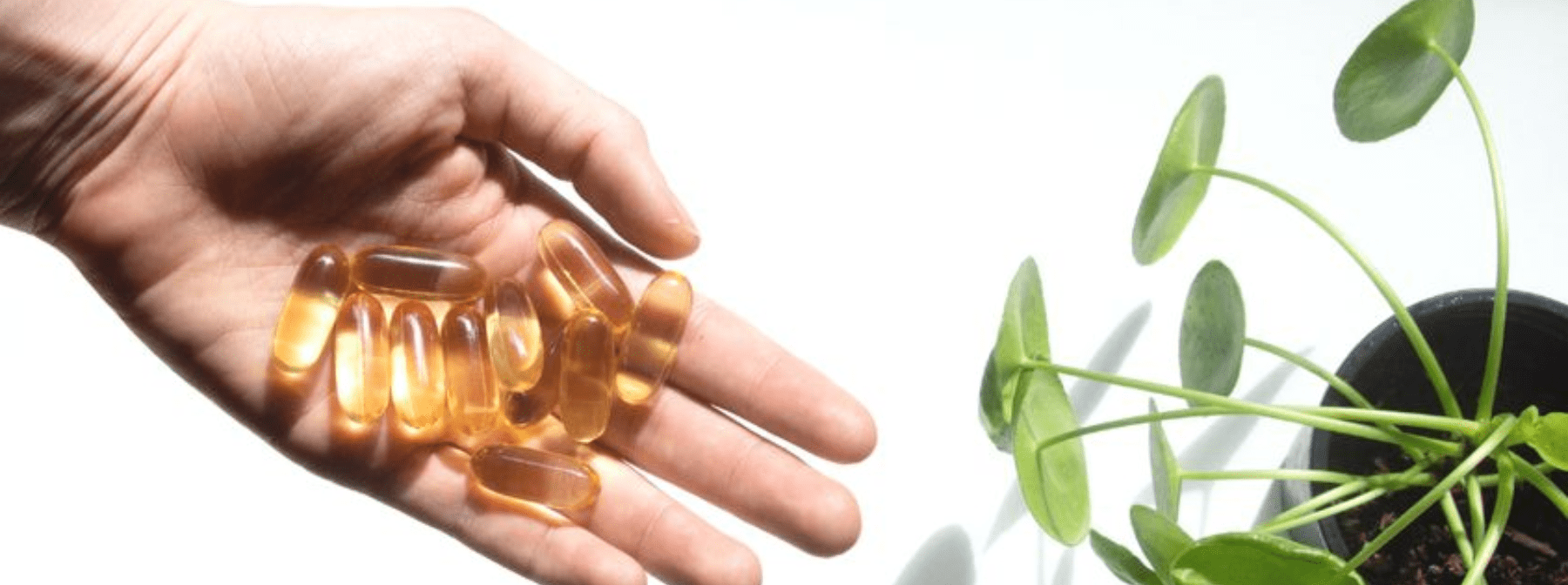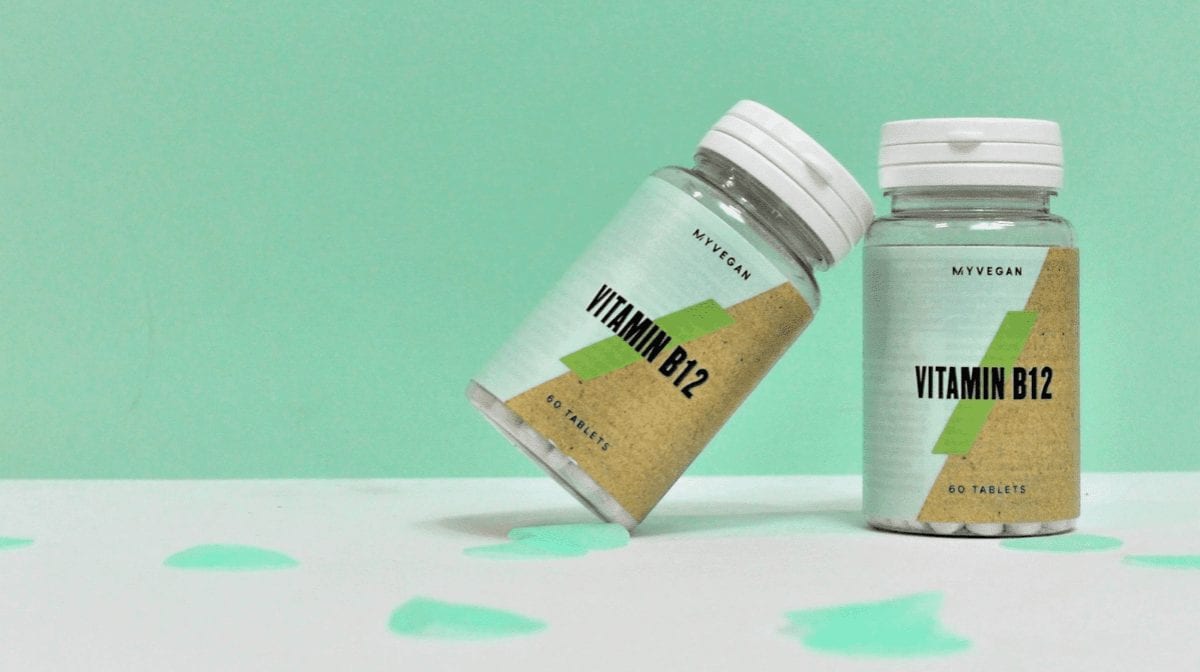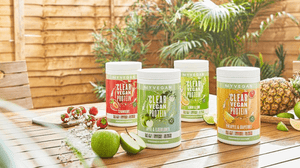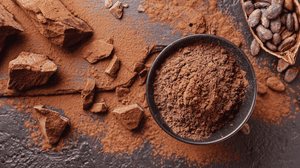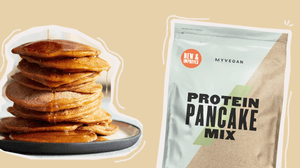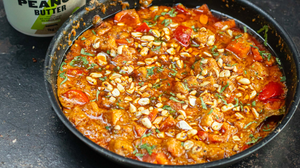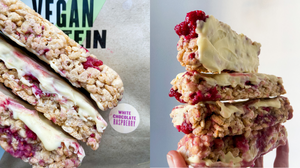
Whether you already follow a plant-based diet or are simply looking to reduce your seafood consumption, we’re sharing the best vegan omega-3 sources, so you can reap all the amazing benefits of omega-3 avoid a deficiency in this essential nutrient. Read on to find out more:
What is omega-3?
Omega-3 is a family of healthy fats that come in three different forms:
- ALA (Alpha-linolenic acid) is an organic compound with antioxidant properties. Some observational studies link a diet rich in ALA to a reduced risk of heart disease and other chronic illnesses.1
- EPA (eicosatetraenoic acid) is used by your body to produce signaling molecules, which play numerous physiological roles and help to reduce inflammation.1
- DHA (docosahexaenoic acid) contributes to the maintenance of normal brain function3, vision4 and heart health.5
Why do we need omega 3?
Because of its unsaturated structure, omega-3 fatty acids have been frequently researched and associated with numerous health benefits. This includes supporting your heart health (10,11) and your gut (8,9), contributing to your overall wellness.
Best vegan omega-3 sources
Chia Seeds
One of our favourite vegan omega-3 sources is chia seeds. These small but mighty seeds proudly hold the title of ‘superfood’ - not only because they’re high in omega-3, but also protein, fibre and calcium too. Best of all, they’re extremely versatile and make a great addition to many plant-based recipes - from porridge and chia puddings to smoothies and bakes.
Discover our favourite chia pudding recipe:
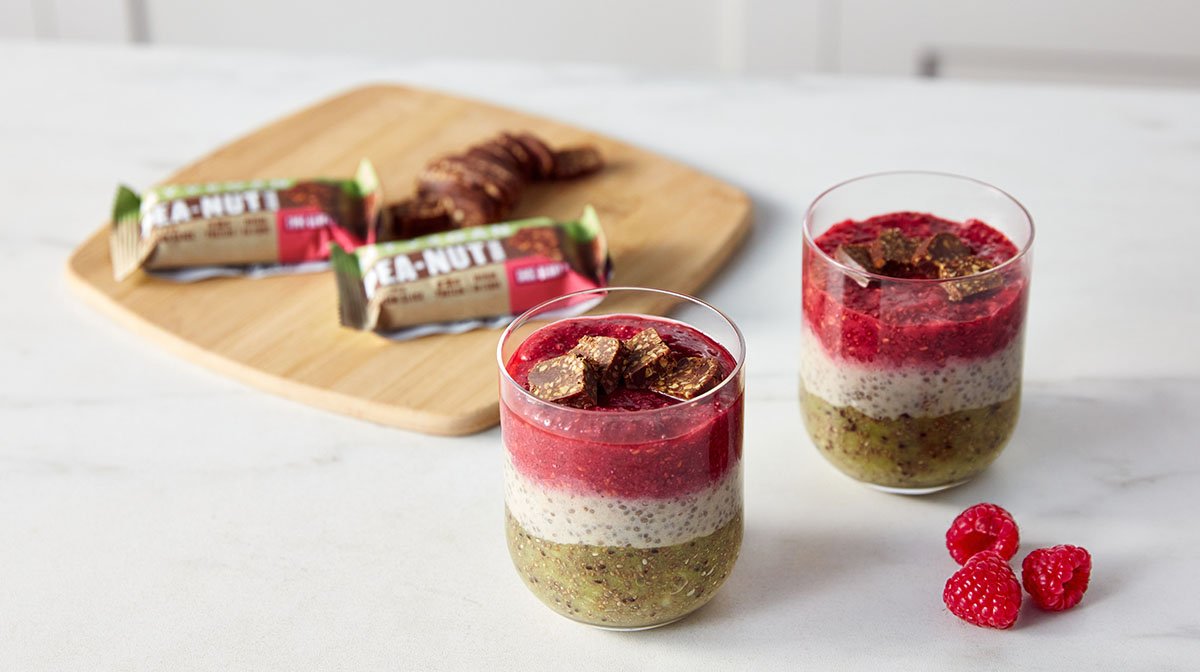
Berry & Maple Chia Pudding Recipe
Desserts derailing your diet? Bored of the same old breakfast? Lucky for you, this berry & maple chia pudding will shake things up a bit.
Flax Seeds
The same goes for their friends, flax seeds. Again, an omega-3-rich staple ingredient for breakfasts, but also diverse in its oil form. Our Flax Seed Powder is made purely from 100% quality flax seeds, which are finely ground down into a powder. This creates an easy-to-use ingredient that can be blended into your favourite recipes to give them a nutritious boost.
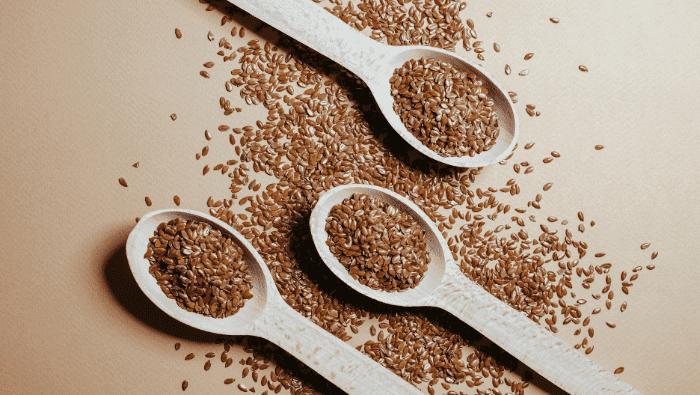
Vegan Omega-3 Supplement
Have you ever wondered what’s better for you — using supplements or eating food? It really depends on your goals and which foods you enjoy. If you follow a plant-based diet, then you'll likely benefit from taking a high-quality vegan Omega-3 Supplement. Our easy-to-take supplement comes in a convenient capsule form, making it easy to get omega-3 into your diet, whenever, wherever.
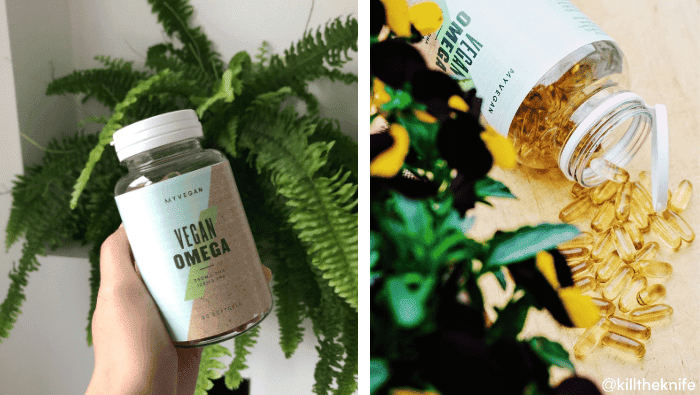
Walnuts
Walnuts contain a relatively high percentage of alpha-linolenic acid (ALA), which makes up around 8-14% of the total fat content. In fact, walnuts are the only nuts that contain significant amounts of ALA, which is especially beneficial for heart health.1
Check out our Chocolate & Walnut Protein Brownies below:
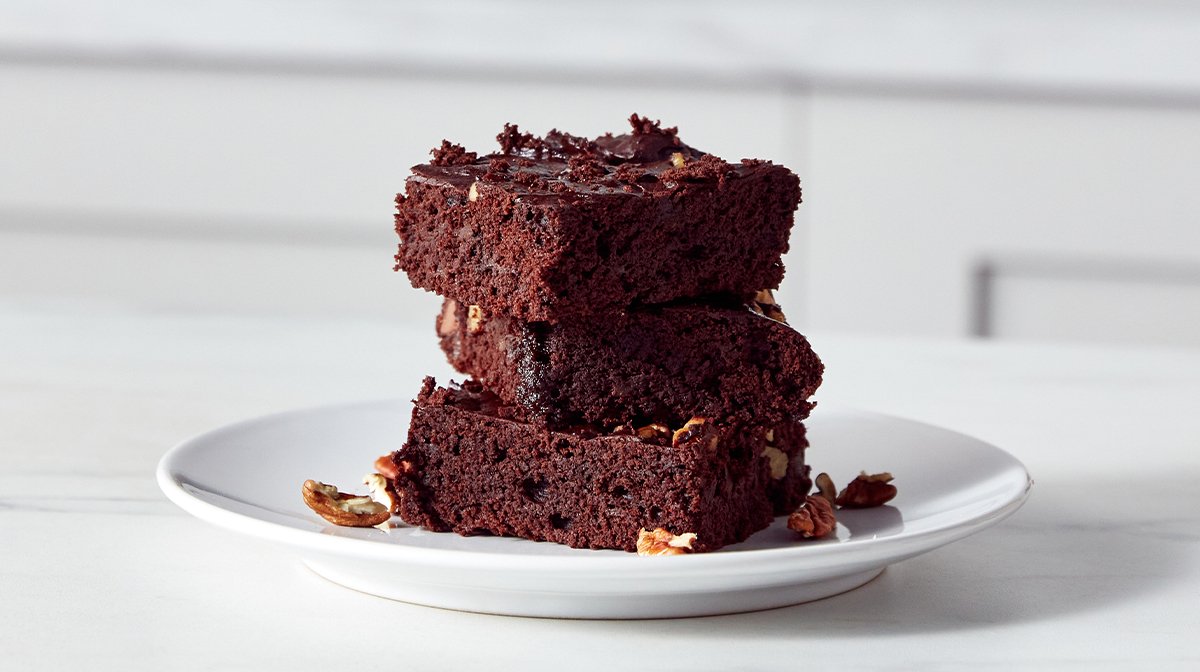
Walnut Chocolate Brownies | Vegan Recipes
These quick, easy, high-protein brownies will have you coming back time and time again.
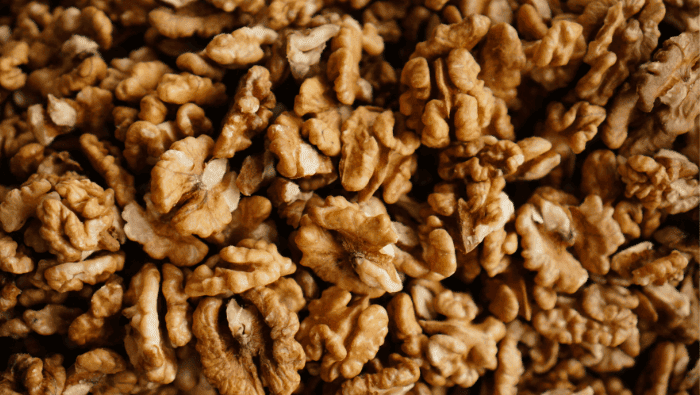
Brussel Sprouts
Love them or hate them, Brussel sprouts are an excellent source of vegan omega 3. Half a cup of raw Brussel sprouts contains about 44mg of ALA. Cooking Brussel sprouts can provide almost three times as much, providing 135mg of omega 3 fatty acids in each half cup serving.
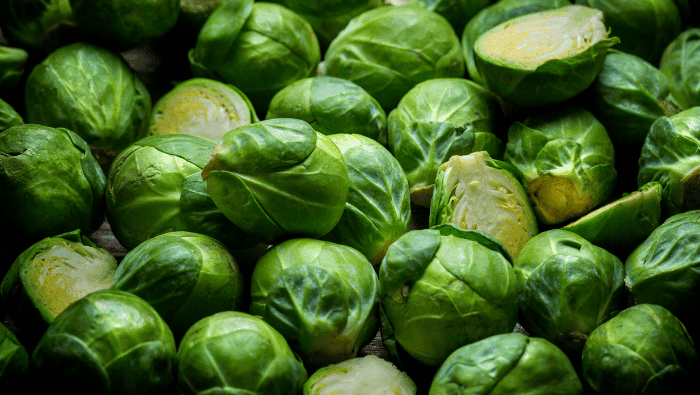
Pumpkins
A seasonal favourite, pumpkins are packed full of nutrients including vitamins A, C and high amounts of omega 3. For a quick and tasty omega-3 fix, try our plant-based pumpkin protein recipe below:
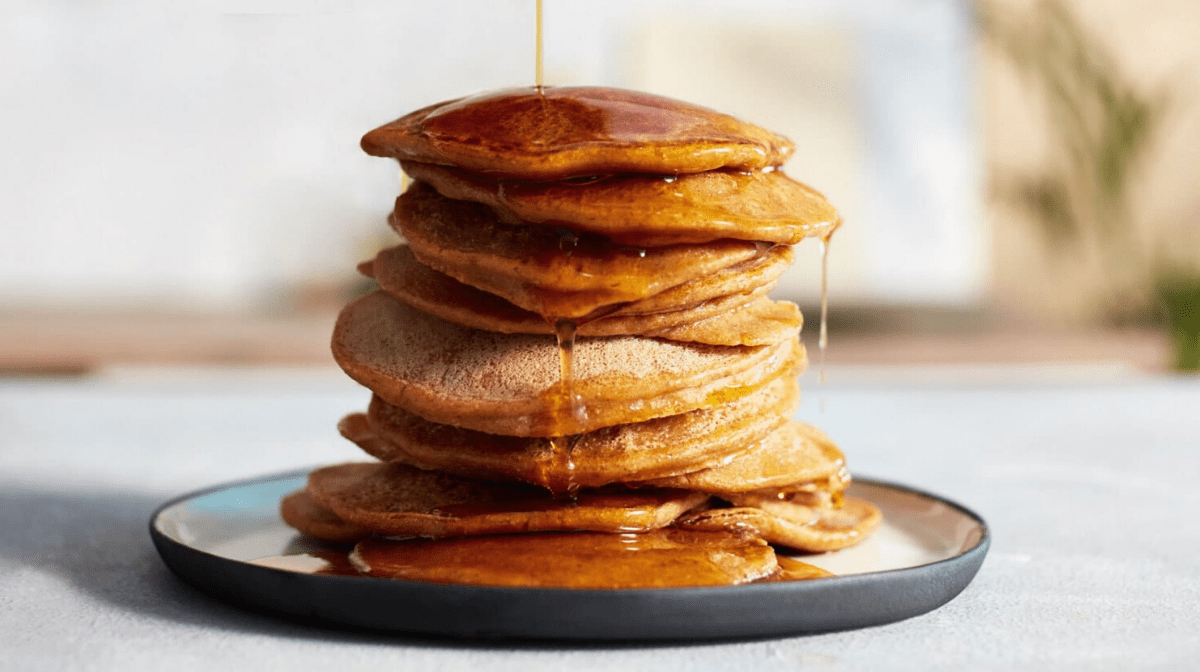
Plant-Based Pumpkin Protein Pancakes
A big stack of healthy pancakes makes for the ultimate weekend brunch!

Rapeseed Oil
Whether you use it for use it for roasting, frying, baking, or drizzling. Rapeseed oil is an excellent source of omega 3, with almost 9g of omega-3 per 100g. Using rapeseed oil is a great way to incorporate omega-3 into your diet.

Tofu
A vegan staple, tofu is a god source of ALA with around 0.4g of ALA per 100g of tofu. Tofu is also a great source of protein, iron and calcium, which contributes to the normal maintenance of bone health. Why not switch up your lunch and try our tofu satay skewers recipe.
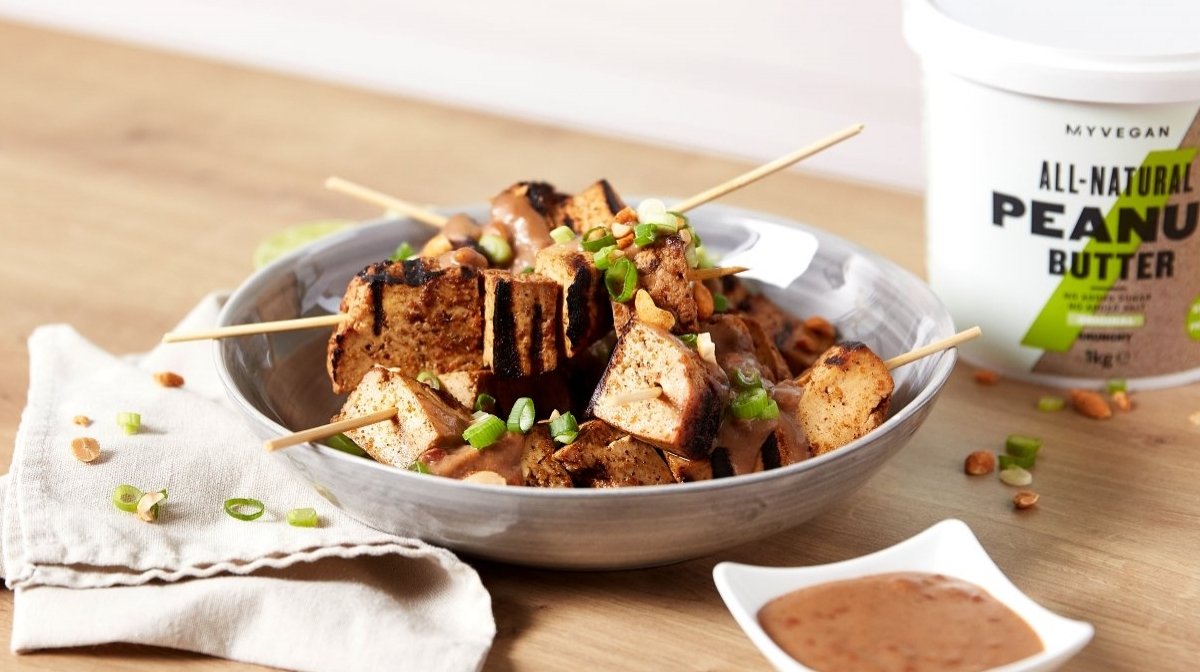
Tofu Satay Skewers with Peanut Sauce
Packed with flavour and easy to make, this recipe makes the perfect dinner. Don't forget to add your nutty companion; peanut marinade.
Hemp Seeds
The last mention goes to hemp seeds, a rich source of omega 3-6-9 fatty acids. They also happen to be packed full of protein and an abundance of minerals including potassium, magnesium, and iron – all of which support normal physiological function5, the nervous system6 and immune system.7
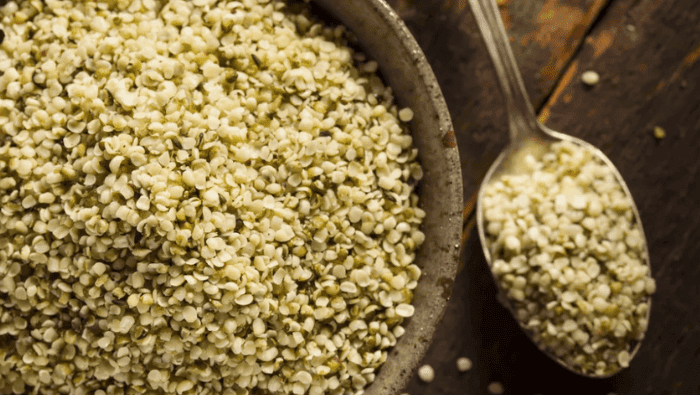
Summary
Whether you don’t eat fish because of dietary reasons or personal preference, you can still reap the benefits of omega-3 fatty acids in your diet. By either incorporating a few omega-3-rich foods into your diet or opting for a plant-based supplement, it’s possible to meet your needs, seafood-free.
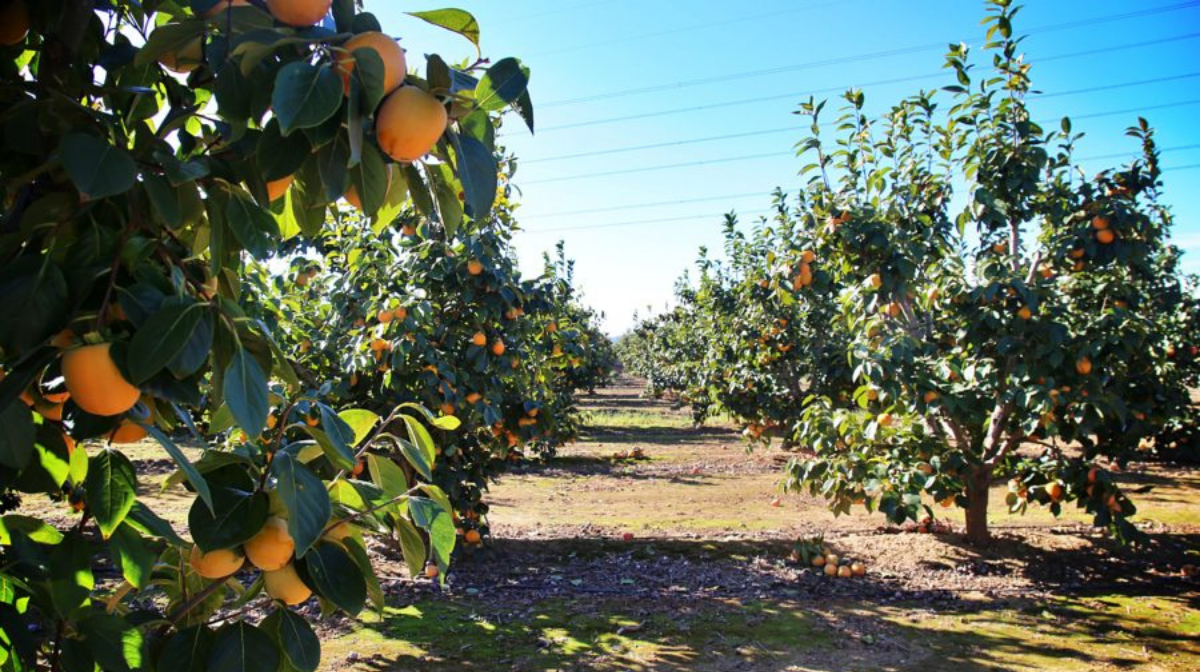
All the Vitamin D Benefits You Didn't Know About
Here's all you need to know about the 'sunshine vitamin'.
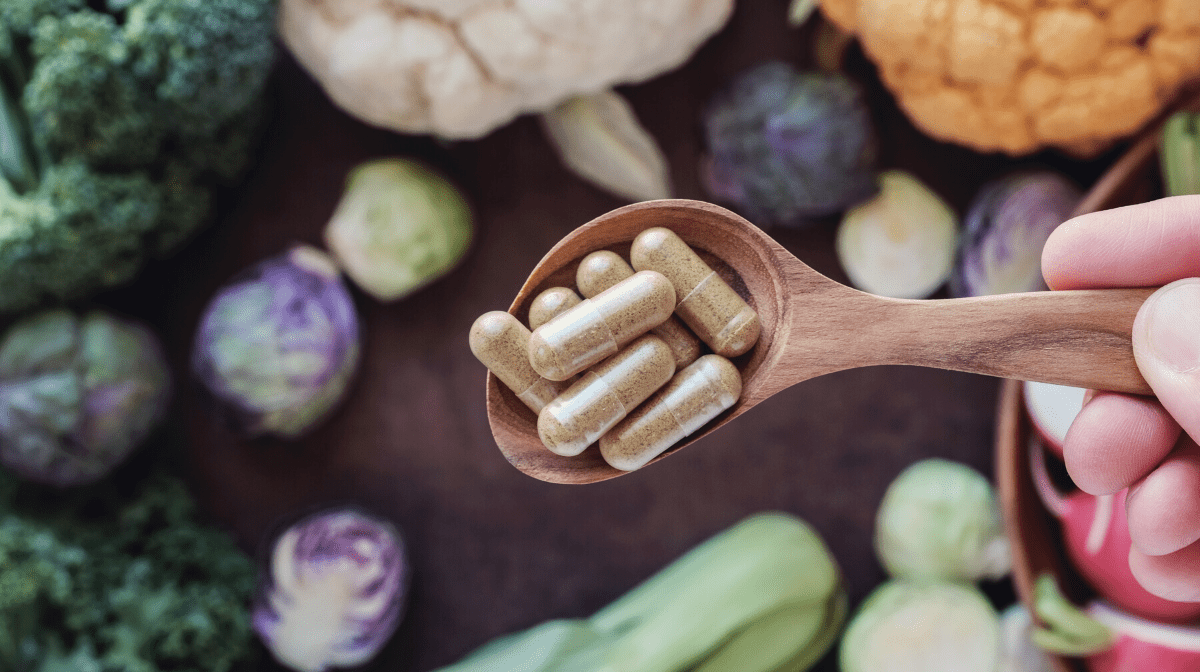
The 4 Best Supplements that Vegans Need in their Diet
If you need to focus on 4 nutrients - it's these.
- https://www.healthline.com/nutrition/3-types-of-omega-3
- EPA and DHA contribute to the normal function of the heart.
- DHA contributes to maintenance of normal brain function.
- DHA contributes to the maintenance of normal vision.
- Potassium and magnesium contribute to normal muscle function.
- Potassium and magnesium contribute to the normal functioning of the nervous system.
- Iron contributes to normal function of the immune system.
- Omega 3-metabolism, absorption, bioavailability and health benefits–A review – ScienceDirect
- Biomedicines | Free Full-Text | The Anti-Inflammatory and Antioxidant Properties of n-3 PUFAs: Their Role in Cardiovascular Protection | HTML (mdpi.com)
- Omega-3 Fatty Acids Effects on Inflammatory Biomarkers and Lipid Profiles among Diabetic and Cardiovascular Disease Patients: A Systematic Review and Meta-Analysis | Scientific Reports (nature.com)
- Biomedicines | Free Full-Text | The Anti-Inflammatory and Antioxidant Properties of n-3 PUFAs: Their Role in Cardiovascular Protection | HTML (mdpi.com)

